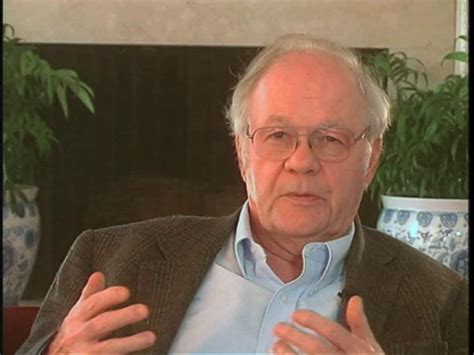A Quote by John Dewey
But progress in knowledge has made us aware of the superficiality of Plato's lumping of individuals and their original powers into a few sharply marked-off classes; it has taught us that original capacities are indefinitely numerous and variable. It is but the other side of this fact to say that in the degree in which society has become democratic, social organization means utilization of the specific and variable qualities of individuals, not stratification by classes.
Related Quotes
Each member of society can have only a small fraction of the knowledge possessed by all, and...each is therefore ignorant of most of the facts on which the working of society rests...civilization rests on the fact that we all benefit from knowledge which we do not possess. And one of the ways in which civilization helps us to overcome that limitation on the extent of individual knowledge is by conquering intelligence, not by the acquisition of more knowledge, but by the utilization of knowledge which is and which remains widely dispersed among individuals.
When you want to organize knowledge. you will be careful to base the classification upon essential qualities. You will thus derive classes in which the members have the greatest amount of resemblance to one another and the greatest amount of difference from the members of other classes. But suppose that, instead of organizing knowledge, you set out to organize ignorance and prejudice. You will then do precisely the opposite.You will keep the classification vague and flexible, so that it can be made to include just whatever individuals you choose.
While [Plato] affirmed with emphasis that the place of the individual in society should not be determined by birth or wealth or any conventional status, but by his own nature as discovered in the process of education, he had no perception of the uniqueness of individuals. For him they fall by nature into classes, and into a very small number of classes at that.
I don't believe in "original sin." I don't believe in "guilt." I don't believe in villains or heroes - only right or wrong ways that individuals have taken, not by choice but by necessity or by certain still-uncomprehended influences in themselves, their circumstances, and their antecedents. This is so simple I'm ashamed to say it, but I'm sure it's true. In fact, I would bet my life on it! And that's why I don't understand why our propaganda machines are always trying to teach us, to persuade us, to hate and fear other people on the same little world that we live in.
In contrast to our own social environment which brings out different aspects of human nature and often demonstrated that behavior which occurs almost invariably in individuals within our society is nevertheless due not to original nature but to social environment; and a homogeneous and simple development of the individual may be studied.
The percent likelihood of a society becoming physically violent if it is physically affectionate towards its infants and tolerant of premarital sexual behavior is 2 percent. The probability of this relationship occurring by chance is 125,000 to one. I am not aware of any other developmental variable that has such a high degree of predictive validity.
For the fundamental fact of human psychology is that society, instead of remaining almost entirely inside the individual organism as in the case of animals prompted by their instincts, becomes crystallized almost entirely outside the individuals. In other words, social rules, as Durkheim has so powerfully shown, whether they be linguistic, moral, religious, or legal, etc., cannot be constituted, transmitted or preserved by means of an internal biological heredity, but only through the external pressure exercised by individuals upon each other.
A society which makes provision for participation in its good of all its members on equal terms and which secures flexible readjustment of its institutions through interaction of the different forms of associated life is in so far democratic. Such a society must have a type of education which gives individuals a personal interest in social relationships and control, and the habits of mind which secure social changes without introducing disorder.







































